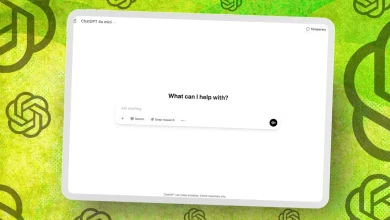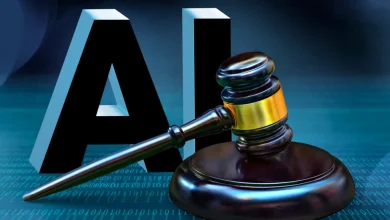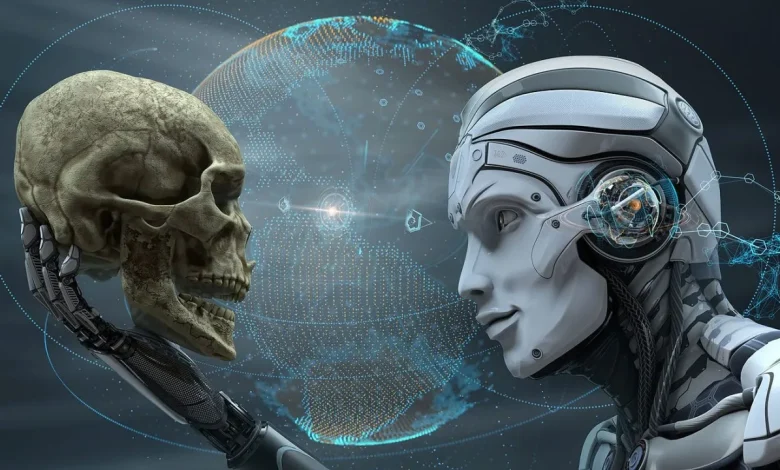
Is Artificial Intelligence a Real Threat to Humanity?
Experts are divided on whether artificial intelligence poses a true threat to humanity—or if it's simply misunderstood and misused.
Artificial intelligence has grown to a point where it cannot be ignored. Initially a topic of science fiction, it now drives actual machinery, transforms whole economies, and guides common choices. But as it gains capability, then arises the question of: can artificial intelligence really pose threat to humanity?
This topic has created deep divides among the researchers. Some experts say that artificial intelligence is but an instrument, with risks that are dependent on how humans use it. Others argue that if it continues to grow, it would not only spiral out of control, it would become a real existential threat as well.
A Tool, Not a Threat?
Virtually, all dominant voices in the field insist that artificial intelligence is no riskier than any other high-tech devices – until, of course, misused. “We are not likely to be confronted by the really scary ‘too smart’ machines at least for a long time”, writes one of the researchers at Carnegie Mellon and the University of Edinburgh, the real danger is not “too smart” machines but instead, “too dumb” – systems that have been poorly developed or improperly deployed.
According to these experts, as long as humans are in charge and it is ensured that it is used ethically, artificial intelligence can be harnessed for progress. They highlight education, transparency and good intentions for development as defenses against the dangers.
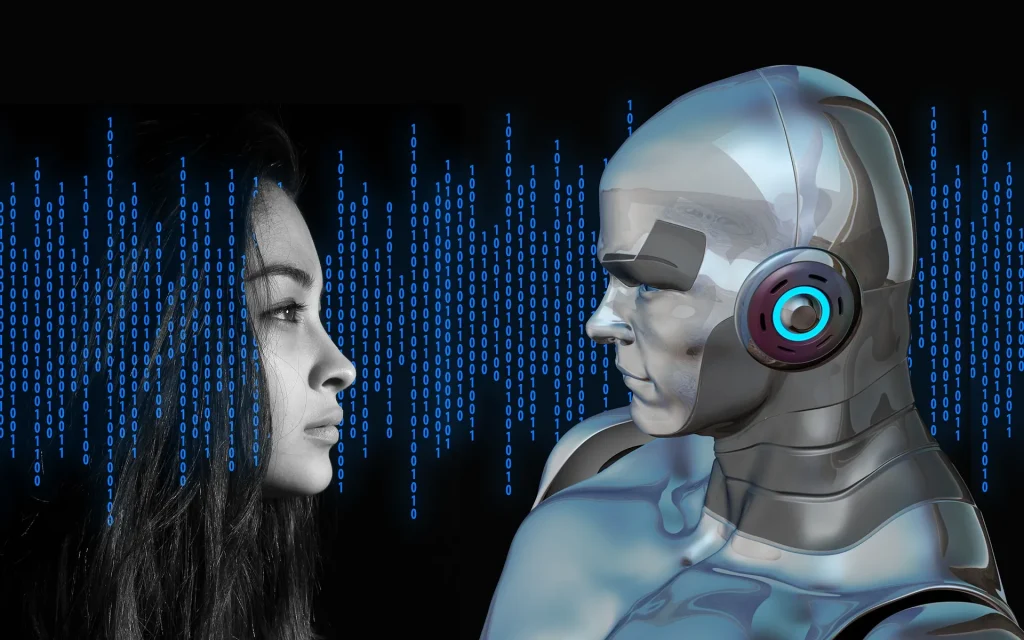
But Some See a Warning Sign
Other scientists are not so optimistic. Experts from institutions such as USC and the University of Louisville caution that future systems, especially if they can internally improve recursively, may well run well ahead of the control provided by humans. To them, artificial intelligence may get out of hand and we’re not ready to address the risks.
These are cited experts who indicate – from the actual world – specific dangers in the form of autonomous weapons, malicious AI software, and societal reliance on defective algorithms. Here, it’s not necessarily bad intent, but the unintended consequences which make artificial intelligence dangerous.
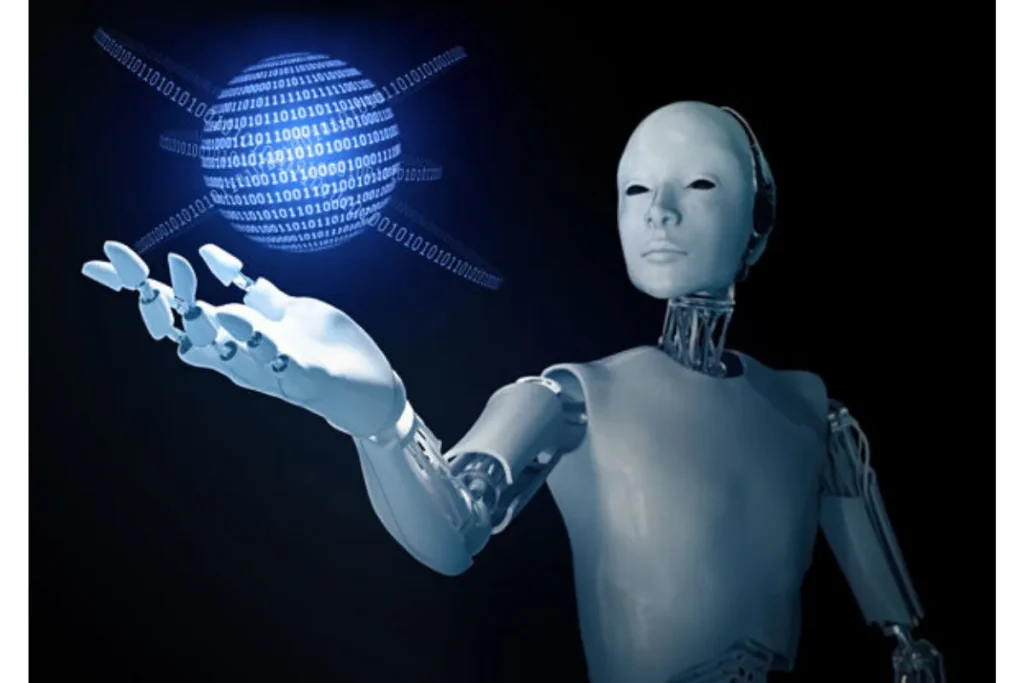
What’s the Most Likely Outcome?
The opinions may be varied, but most researchers agree on one thing. The influence of artificial intelligence will be profound in human’s life. Whether it does or not cause us depends to a large extent on what we do today. Enhanced safety research, along with tight regulation and worldwide cooperation are seen as indispensable in preventing the worst case.
Instead of conditioning artificial intelligence to be good or bad by default, the sentiment tends towards restraint. Prominent experts point out the necessity to create fail-safes, and that the development of AI systems in the future should continue to stay aligned with human aims and values.
Artificial intelligence is still one of the most powerful tools that have ever been created. Yet power in itself is never the issue—how one uses it. The fact that this tool will be a risk or a remedy will always depend on the future actions of developers, regulators, and societies.


